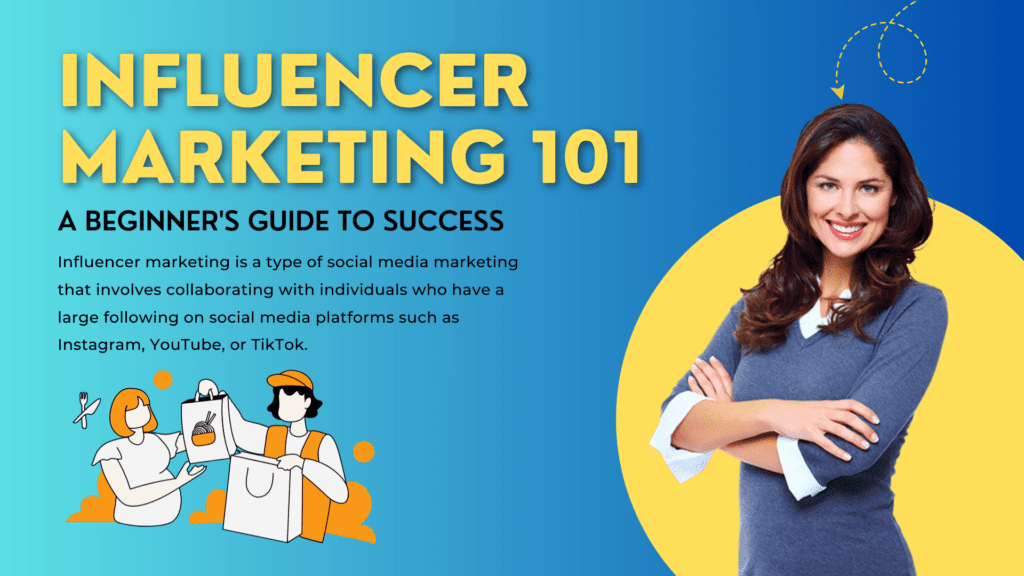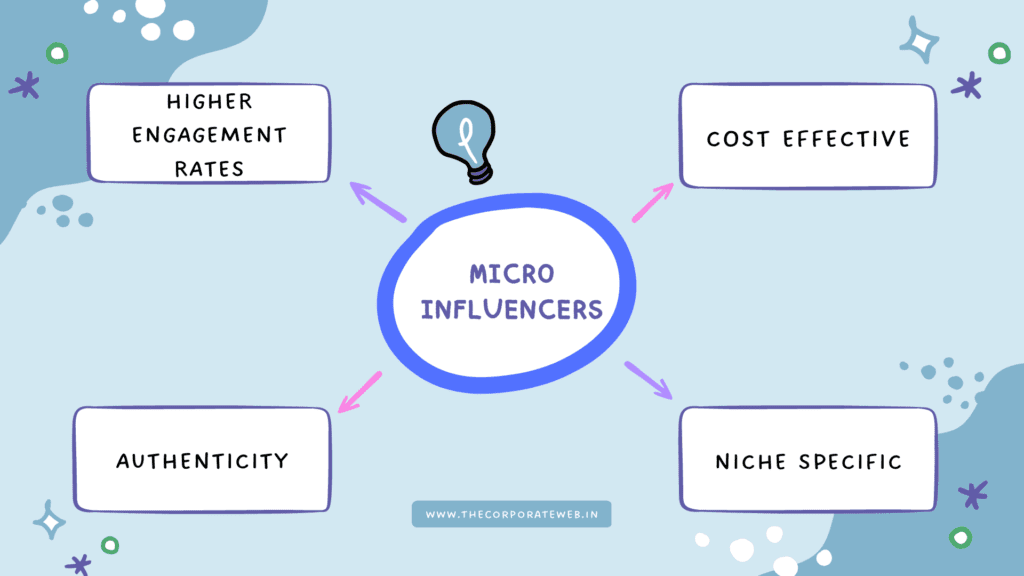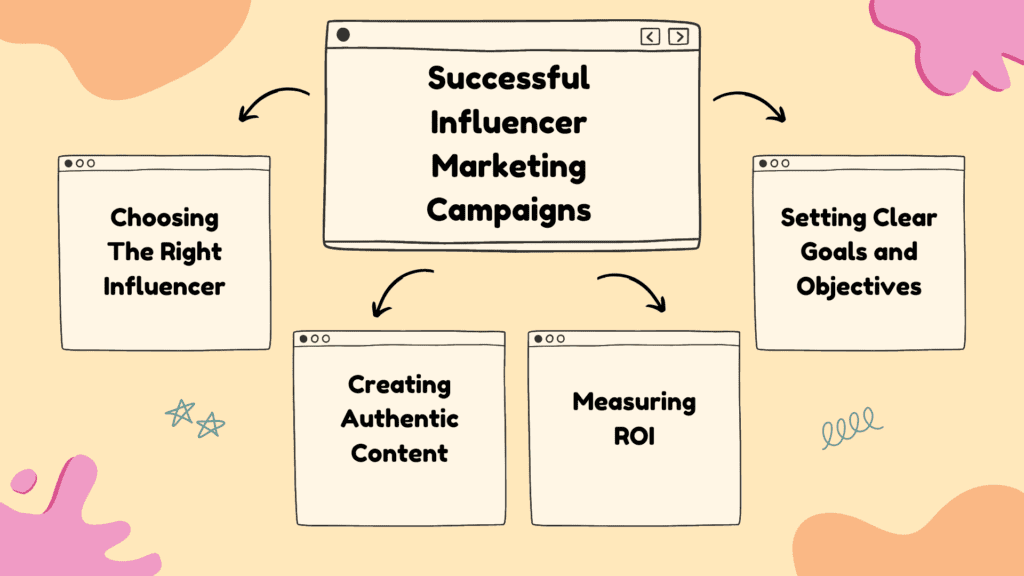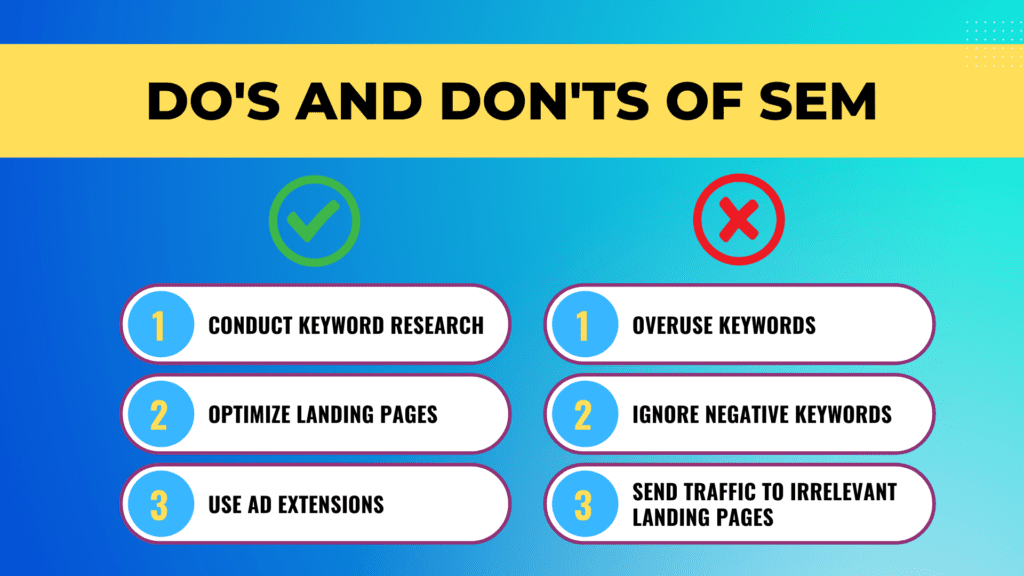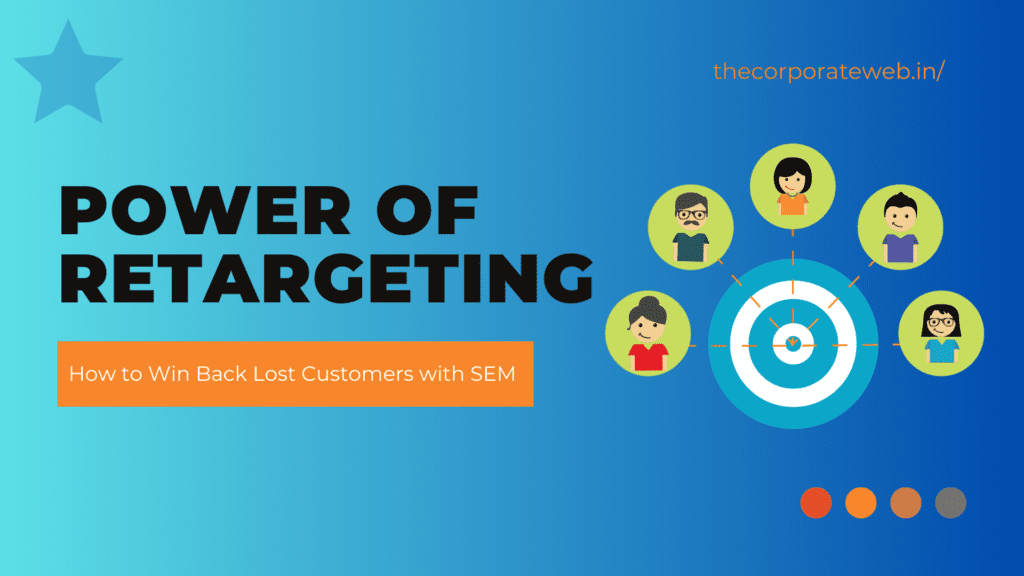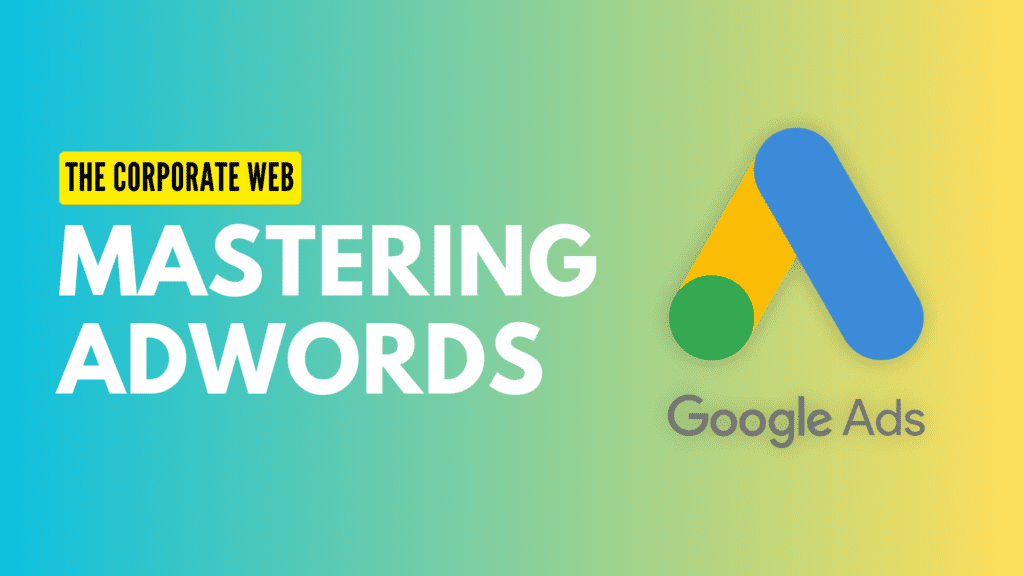Pay-per-click (PPC) advertising is a powerful tool for businesses to reach their target audience and increase their online visibility. However, as with any marketing strategy, it’s important to avoid common mistakes that can waste your budget and negatively impact your campaign’s performance. In this blog post, we’ll discuss 5 common PPC mistakes to avoid in your campaigns.
1. Not Defining Your Target Audience
One of the biggest mistakes businesses make when starting a PPC campaign is not defining their target audience. Knowing who you want to reach is crucial for creating effective ads and choosing the right keywords. Without a clear understanding of your target audience, you may end up targeting the wrong people, resulting in wasted clicks and budgets.
To define your target audience, start by creating buyer personas. A buyer persona is a detailed description of your ideal customer, including their demographics, interests, pain points, and motivations. Use data from your website analytics, customer surveys, and market research to create accurate buyer personas. Once you have a clear understanding of your target audience, you can tailor your ad copy, keywords, and targeting options to reach the right people.
2. Using Broad Keywords
Another common mistake businesses make is using broad keywords. Broad keywords are keywords that are too general and can trigger your ads to appear in irrelevant searches. For example, if you sell women’s shoes, using the keyword “shoes” will likely result in your ads appearing for searches related to men’s shoes, children’s shoes, or even shoe repair services.
Using broad keywords can lead to wasted clicks, low click-through rates (CTR), and low conversion rates. Instead, use more specific keywords that are relevant to your product or service. For example, using “women’s running shoes” or “black high heels” will target people who are more likely to be interested in your product.
3. Ignoring Negative Keywords
Negative keywords are keywords that you don’t want your ads to appear for. For example, if you sell new laptops, you may want to exclude the keyword “used laptops” so that your ads don’t appear for searches related to used laptops. Ignoring negative keywords can result in wasted clicks and budget, as well as lower CTR and conversion rates.
To avoid this mistake, make sure to research and add negative keywords to your campaigns. Use your search term reports to identify irrelevant search terms that triggered your ads, and add those terms as negative keywords. This will help you to target your ads more effectively and avoid wasting your budget on irrelevant clicks.
4. Focusing on Clicks Instead of Conversions
While clicks are important, they are not the only metric that matters in a PPC campaign. Focusing solely on clicks can lead to a high cost per click (CPC) and low conversion rates. Instead, focus on conversions – the actions you want users to take after clicking on your ad. This could be filling out a form, making a purchase, or signing up for a newsletter.
To optimize for conversions, make sure to set up conversion tracking in your PPC campaigns. Conversion tracking allows you to track the actions users take after clicking on your ad, so you can see which keywords, ads, and targeting options are driving the most conversions. Use this data to optimize your campaigns for maximum ROI.
5. Not Testing Ads and Landing Pages
Finally, not testing your ads and landing pages is a common PPC mistake that can prevent you from reaching your full potential. A/B testing your ad copy, images, and landing pages can help you to identify which versions perform best, and make data-driven decisions about your campaigns.
To test your ads, create multiple versions of your ad copy and images, and run them simultaneously. Use the ad rotation settings in your campaign to evenly distribute impressions across all ad variations. After a period of time, analyze the data to see which ad variations had the highest CTR and conversion rates.
Similarly, testing your landing pages can help you to improve your conversion rates. A/B tests different versions of your landing page, such as headline, call-to-action, and layout. Use tools like Google Optimize or Optimizely to run experiments and analyze the results.
Conclusion
PPC advertising can be a highly effective way to reach your target audience and drive conversions, but it’s important to avoid common mistakes that can waste your budget and harm your campaign’s performance. By defining your target audience, using specific keywords, including negative keywords, focusing on conversions, and testing your ads and landing pages, you can optimize your PPC campaigns for maximum ROI.
According to a study by WordStream, the average click-through rate for a Google AdWords ad is 1.91%, and the average conversion rate is 3.75%. By avoiding these common PPC mistakes and continually testing and optimizing your campaigns, you can exceed these industry averages and achieve even greater success in your PPC advertising efforts.
Read More: The Latest SEO Trends To Watch This Year
FAQs Related To Common PPC Mistakes
What is PPC advertising?

PPC advertising is a digital marketing strategy where businesses pay for each click on their ads. These ads appear in search engine results, social media platforms, or other websites, and are targeted to specific audiences based on keywords, interests, demographics, and other factors.
Why is it important to define the target audience in PPC campaigns?
Defining the target audience is crucial for creating effective ads and choosing the right keywords. Without a clear understanding of your target audience, you may end up targeting the wrong people, resulting in wasted clicks and budgets. By defining your target audience, you can tailor your ad copy, keywords, and targeting options to reach the right people.
What are broad keywords and why should businesses avoid them in PPC campaigns?
Broad keywords are keywords that are too general and can trigger your ads to appear in irrelevant searches. Using broad keywords can lead to wasted clicks, low click-through rates (CTR), and low conversion rates. Instead, businesses should use more specific keywords that are relevant to their product or service.
What are negative keywords and why should businesses use them in PPC campaigns?
Negative keywords are keywords that businesses don’t want their ads to appear for. Ignoring negative keywords can result in wasted clicks and budget, as well as lower CTR and conversion rates. By researching and adding negative keywords to their campaigns, businesses can target their ads more effectively and avoid wasting their budget on irrelevant clicks.
Why should businesses focus on conversions instead of clicks in PPC campaigns?
Focusing solely on clicks can lead to a high cost per click (CPC) and low conversion rates. Instead, businesses should focus on conversions – the actions they want users to take after clicking on their ad. By optimizing for conversions and tracking them using conversion tracking, businesses can make data-driven decisions about their campaigns and maximize their ROI.
Why are testing ads and landing pages important in PPC campaigns?
Testing ads and landing pages can help businesses to identify which versions perform best and make data-driven decisions about their campaigns. A/B testing different versions of ad copy, images, and landing pages can help businesses to optimize their campaigns for maximum ROI.
Read More: 7 PPC Mistakes You’re Probably Making (and How to Fix Them)

